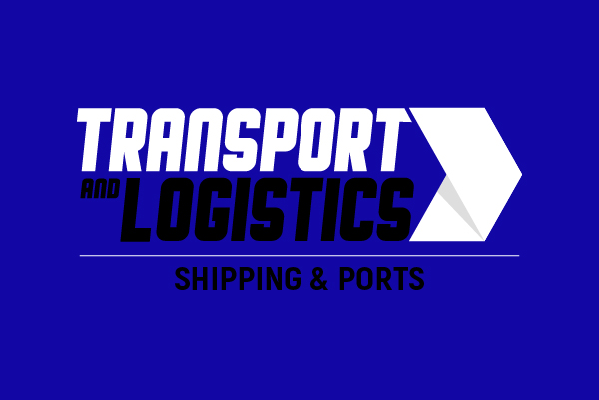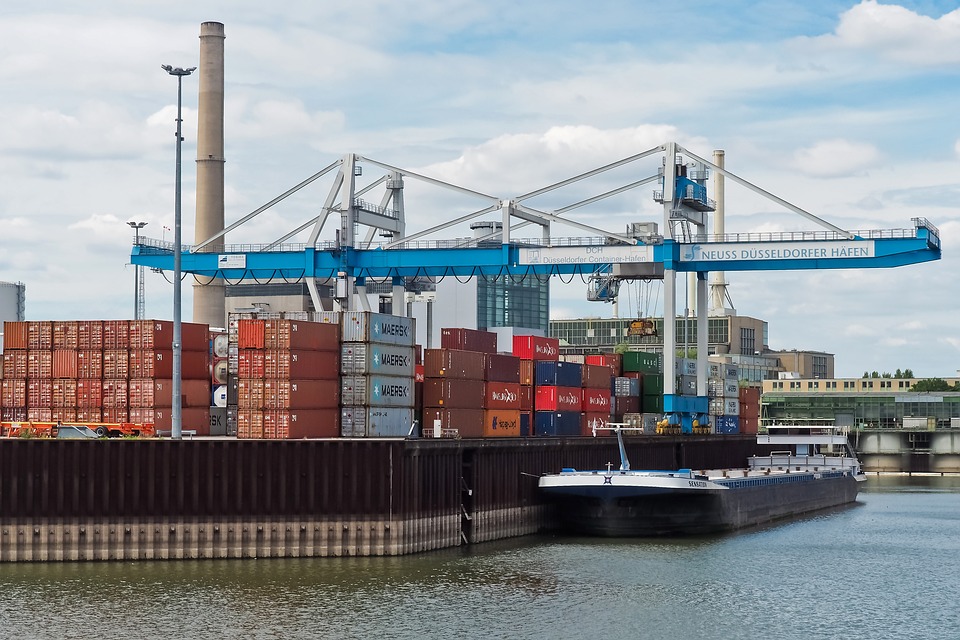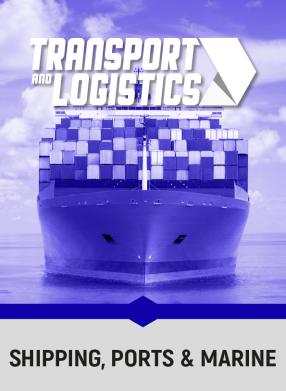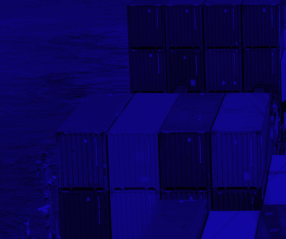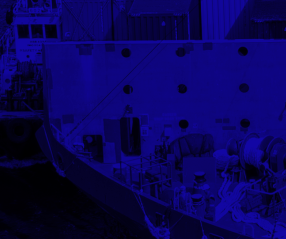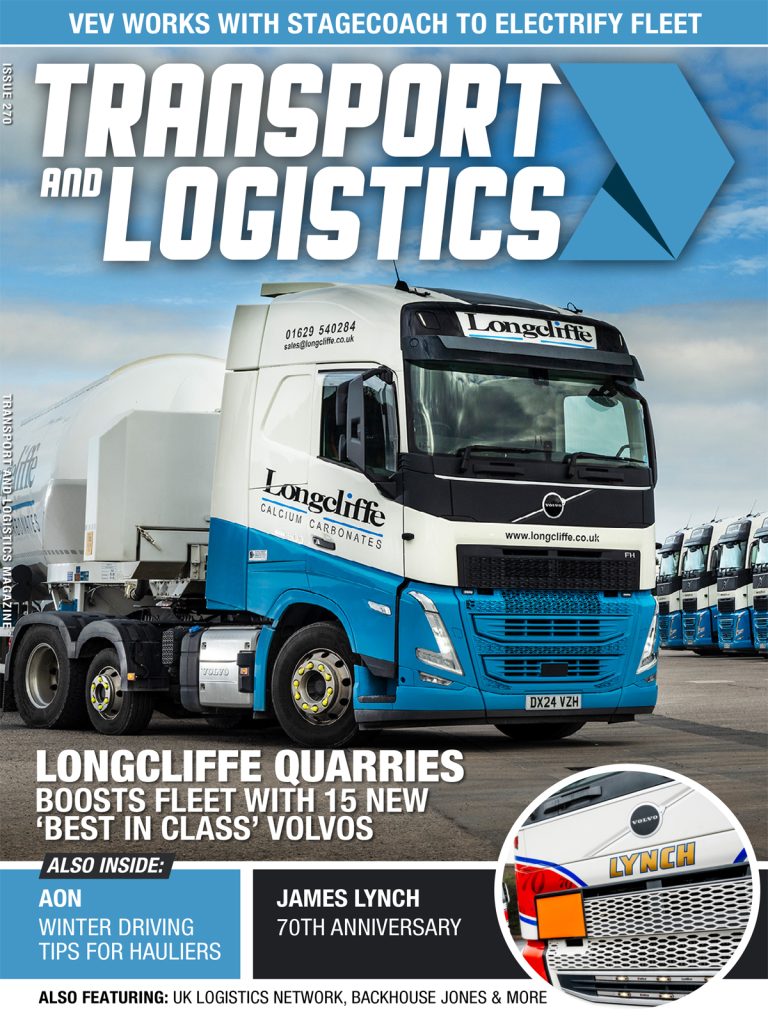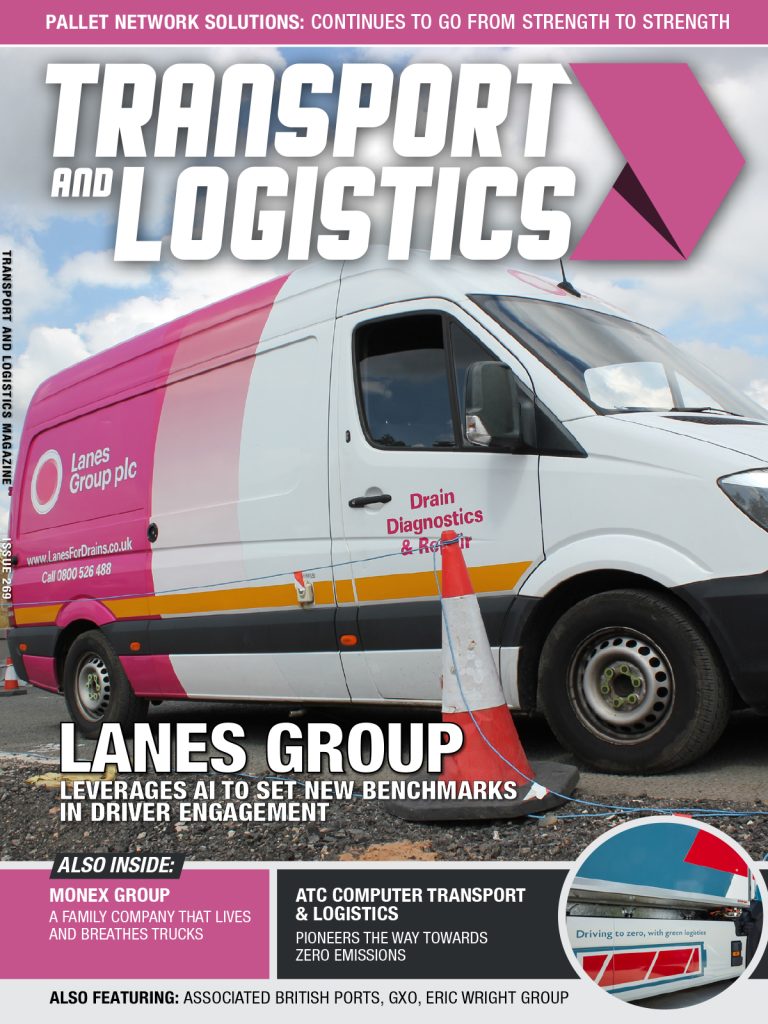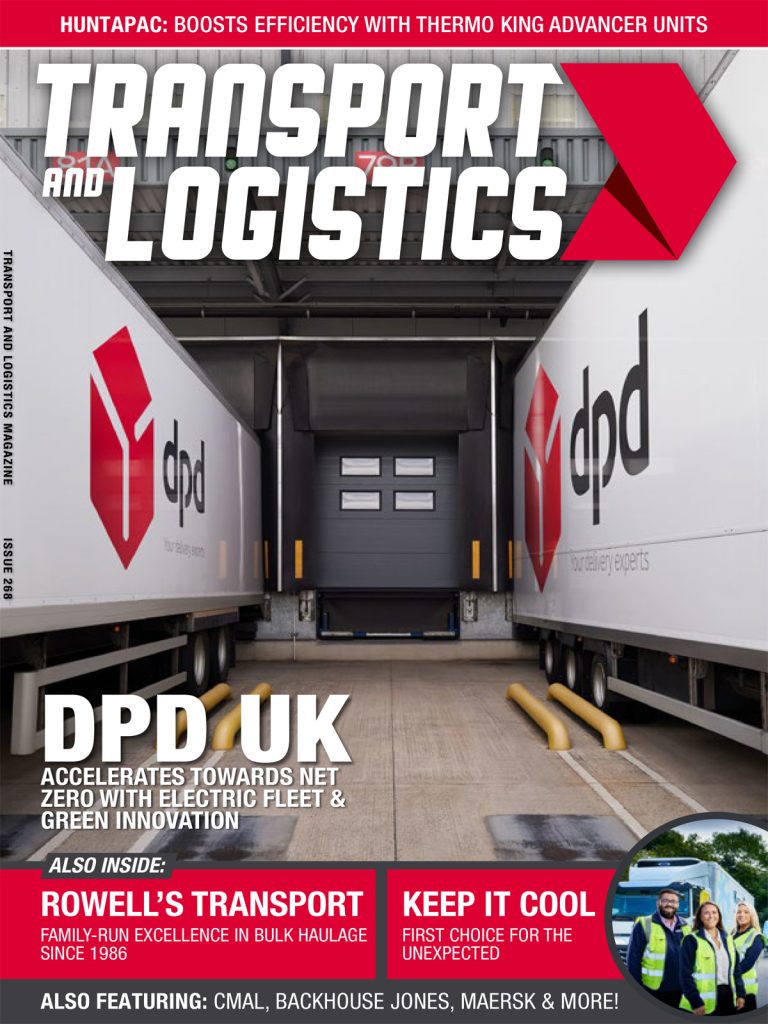The winds of change are blowing through the boughs of UK industry with greater urgency than they have in decades. It feels like we can barely move without hearing the ‘B’ word, but there is no doubting the impact our looming exit from the EU will have on trade and commerce.
But while negotiations on the details of Brexit progress at about the rate treacle flows, the government cannot be allowed to forget that there is a bigger picture at stake here. Leaving the EU must always be viewed in the context of how we can leverage the country’s future prosperity.
To that end, the minutiae of Brexit negotiations cannot become too much of a distraction. We need the government to keep its eye on the far greater goal – creating, through investment and regulation, the conditions for the UK to thrive again as an independent trading nation.
Top of this list should be a commitment to build on the UK’s long haul freight infrastructure to give us the capacity and power to drive a truly global vision of trade.
Export growth
For all of the concern surrounding the uncertainties of Brexit, there are some very good reasons for optimism, and one is the positive outlook for UK exports.
UK trade has come to be dominated by Europe, and particularly by imports. Our trade deficit with the EU has more than doubled in the past decade, the single biggest factor in the country’s balance of payments growing to £156.2 billion in the red.
People worry about what will happen when the current relationship with our biggest trade partner is severed. But there is a big world out there. And while imports account for two-thirds of our trade with the EU, more than 40 per cent of our trade with the rest of the world is exports. Since 2009, the average annual rate of growth for non-EU exports has been close to six per cent, compared to below two per cent for exports to Europe.
The demand for British goods is out there. In the first quarter of 2017, exports outside the EU grew by 30 per cent year on year. Markets such as the US, China, India, Australia, Canada, Latin America, the Middle and Far East are all showing growing demand for British goods. And this trend is only supported by the increasing numbers of UK manufacturers reshoring production back to the UK.
Crucial role for freight
Lots of things are coming together for the UK to establish a strong export-led global trading economy post-Brexit. We will have the freedom to negotiate trade deals which capitalise on demand for British goods. We have conditions which are making domestic producers focus their efforts at home rather than outsource. We also have a world class freight and cargo industry ready and able to take British goods to the waiting world.
But there will be changes in this area, too. So close to us, trade with the EU is dominated by road and rail haulage. If we are to expand our horizons further and cash in on export demand further afield, air and sea freight will become increasingly important.
It is crucial that we have the port infrastructure to support that. A recent article in this publication covered how the Freight Transport Association was urging the Welsh Assembly to keep pressure on Westminster to make them acknowledge the importance of investment in Welsh ports to support the post-Brexit economy.
We agree entirely, but would only say that this pressure should be coming from all parts of the UK, for our entire port infrastructure.
Investment in new deep-water container terminals at London Gateway and Liverpool2 are very welcome. But these projects should be the start, not the end, of the expansion of our sea freight capacity. London Gateway was the first all-new cargo port to open in the UK for two decades. It must be the first of several such projects.
Likewise, there must be investment at the UK’s existing hubs. Felixstowe has undergone a £400m revamp, but still is still under considerable pressure from the traffic it receives.
London Gateway went ahead despite a notable lack of government support, driven by private enterprise. The Treasury’s reluctance to put its money where its mouth is on infrastructure investment must change. While European mega ports like Hamburg, Rotterdam and Antwerp all continue to benefit from their respective governments brokering funding for development projects, our own government is in danger of being the weak link in enabling us to make the most of an exciting trade future.
Alliance Shipping Group is a leading provider of blue chip sea and air freight services worldwide. For more information, please visit www.allianceshippinggroup.co.uk.


